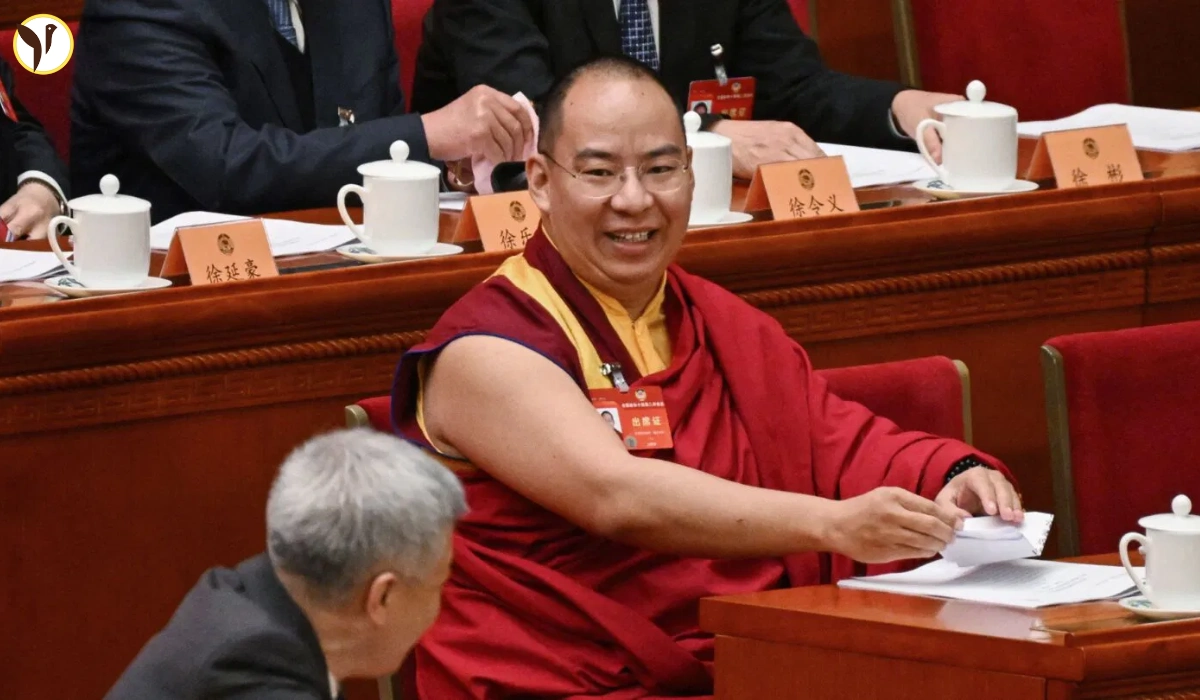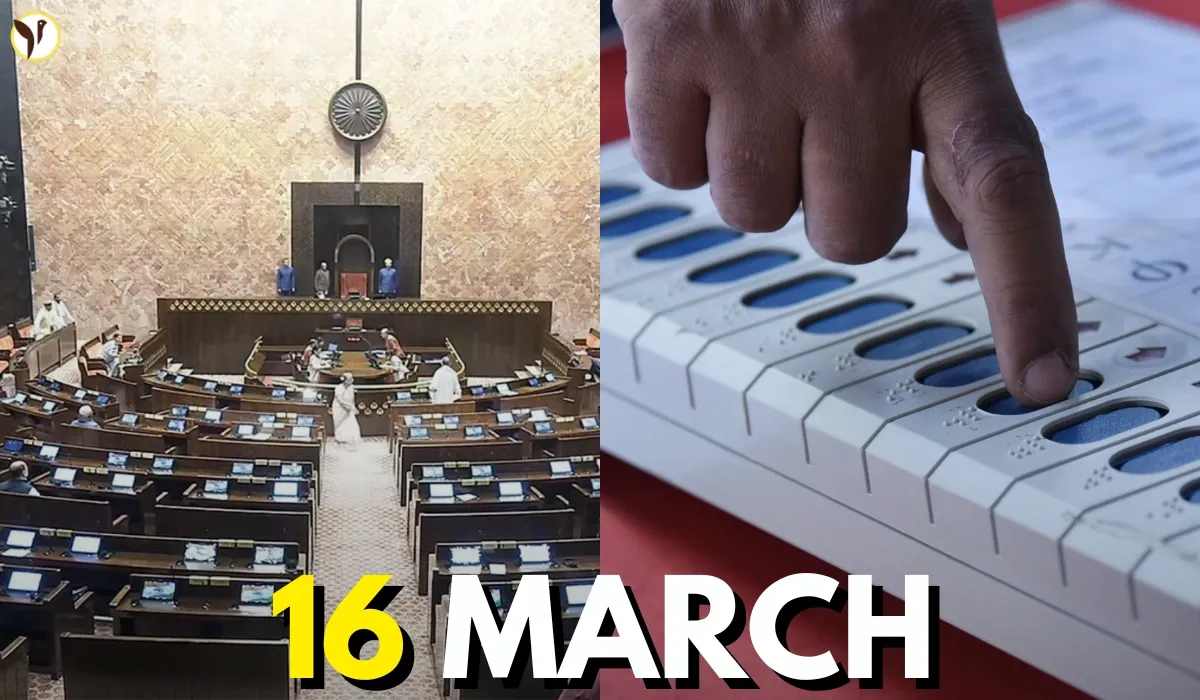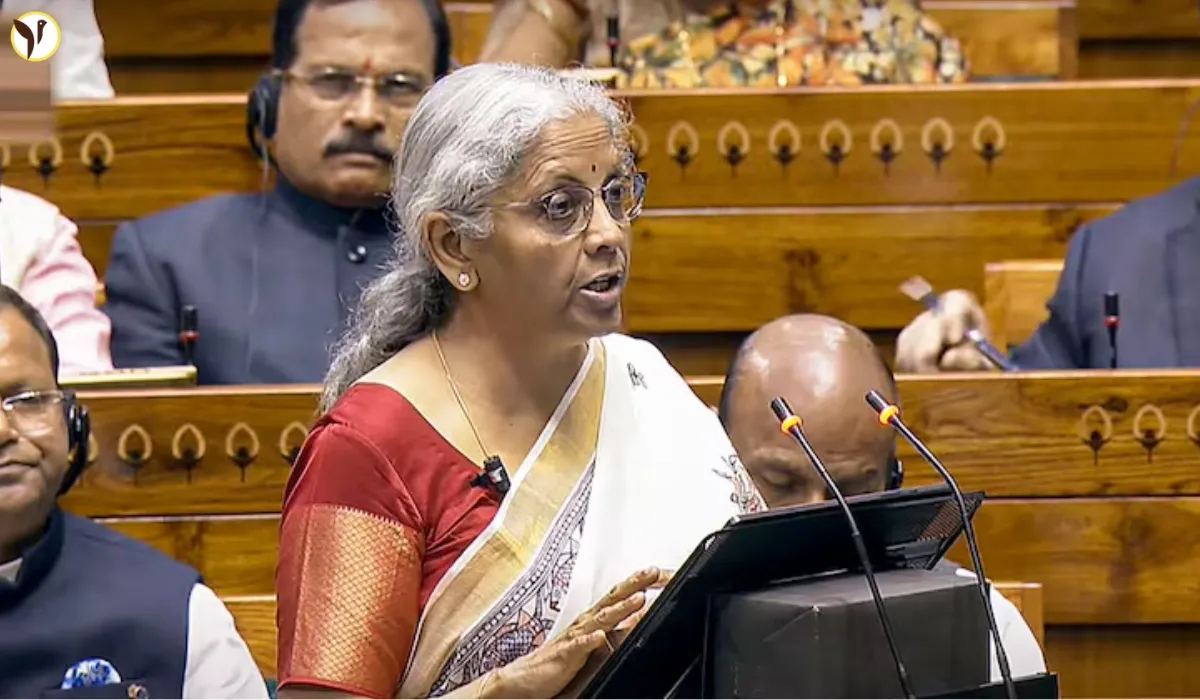A Rare Public Appearance
So, something pretty significant happened in China this week. Gyaltsen Norbu — the Panchen Lama chosen by the Chinese government — made a rare public appearance. He met with President Xi Jinping and basically gave his full support to China’s plan to reshape Tibetan Buddhism to fit more with the country’s political goals. It’s not a total surprise, but still, this kind of meeting doesn’t happen often.
Norbu hasn’t been super visible over the years, even though he holds such a major religious title. But in this meeting, he openly praised what the government calls the “Sinicization” of religion. That means making religious practices more aligned with Chinese socialist values — and less tied to anything the state sees as a threat, like loyalty to the Dalai Lama.
What He Said – And Why It Matters
During the meeting, Norbu said he’s committed to making Tibetan Buddhism “more Chinese in character.” That’s a pretty loaded statement. It reflects this long-running effort by Beijing to bring all religions — but especially Tibetan Buddhism — under tighter control. It’s part of a bigger political vision where religion must serve national unity, rather than stand apart from it.
There’s a real tension here. A lot of Tibetans see this move as stripping their culture of its heart. And to them, Norbu isn’t even the real Panchen Lama. He was appointed by the Chinese state back in the ‘90s, after the Dalai Lama identified a different boy as the Panchen Lama. That boy, Gedhun Choekyi Nyima, vanished — and many people believe he’s been held in secret ever since.
So while Norbu speaks for the government, he doesn’t necessarily speak for Tibetan Buddhists.
The Bigger Picture: Religion and Control
This isn’t just about one religious figure or one meeting. It fits into a larger story. Over the past several years, China has really tightened its grip on religion in general — not just Buddhism, but also Islam, Christianity, and even traditional folk beliefs.
Here’s what’s been happening with Tibetan Buddhism:
-
Monks and nuns are expected to put “love for the motherland” above spiritual teachings.
-
Religious leaders must go through state-run training to ensure they follow government guidelines.
-
The use of the Tibetan language is being pushed out in favor of Mandarin — even in monasteries.
-
Loyalty to the Dalai Lama is treated as a political offense.
Norbu’s recent statements and this high-profile meeting with Xi seem to signal that this strategy is only going to continue — maybe even speed up.
Why People Are Concerned
For many Tibetans, inside and outside China, this is all incredibly painful. They see their language, their religious traditions, and their identity slowly being chipped away. And it raises a big question: can a religion that’s been so deeply tied to Tibetan life for centuries really survive this kind of political transformation?
Of course, China argues that it’s promoting unity and stability. But critics — including human rights groups and many global Buddhist communities — see it more as cultural erasure.
Whether you view this as progress or suppression probably depends on where you’re standing. But either way, the meeting between Norbu and Xi wasn’t just symbolic — it showed how serious China is about reshaping faith to fit the state’s vision.









